ARISE is a Key Action 1 project funded by the Erasmus+ Programme (for more on the Erasmus+ Programme check out this entry)
The inspiration for the project came from the events of what has been misnamed “The European Refugee Crisis “. The project aims to challenge prevailing ideas about the ‘crisis’ and developing different perspectives on the issue, especially after the events of 2016, such as the rise in followers of populist/right wing movements, and the proliferation of borders, which prevents people from moving and from finding a space of safety in Europe.
The promoter of the project is a UK-led consortium made up of 6 partners ranging from education & training organisations and charities working at different levels on migration-related issues such as research on policies, education and training, inclusion and employability, and mental health issues. The lead applicant is Kairos Europe.
The project helps all the participants gain a greater understanding of issues that affect non-EU migrants and people with disadvantaged backgrounds when integrating within European cities. We also seek to understand the effects of migration management practices on people on the moving. How do these practices affect displaced people’s trajectories to and across Europe? What are the mental health issues that many of these people face? What are the opportunities of employability which migrants and refugees can take advantage of?
The objective of this project is to widen the understanding of British participants on the current and complex migration issues surrounding non-EU refugee and migrant communities in Mediterranean countries. Participants are able to compare and relate themselves to Italian methods of working with migrant methodologies against their own. In response to the various critical events affecting European countries; the focus on this workshop is not only be based on being able to communicate effectively with people of different backgrounds but gaining ‘hands-on’ practical skills of working to better the lives of integrated non-EU migrants, refugees and asylum seekers.
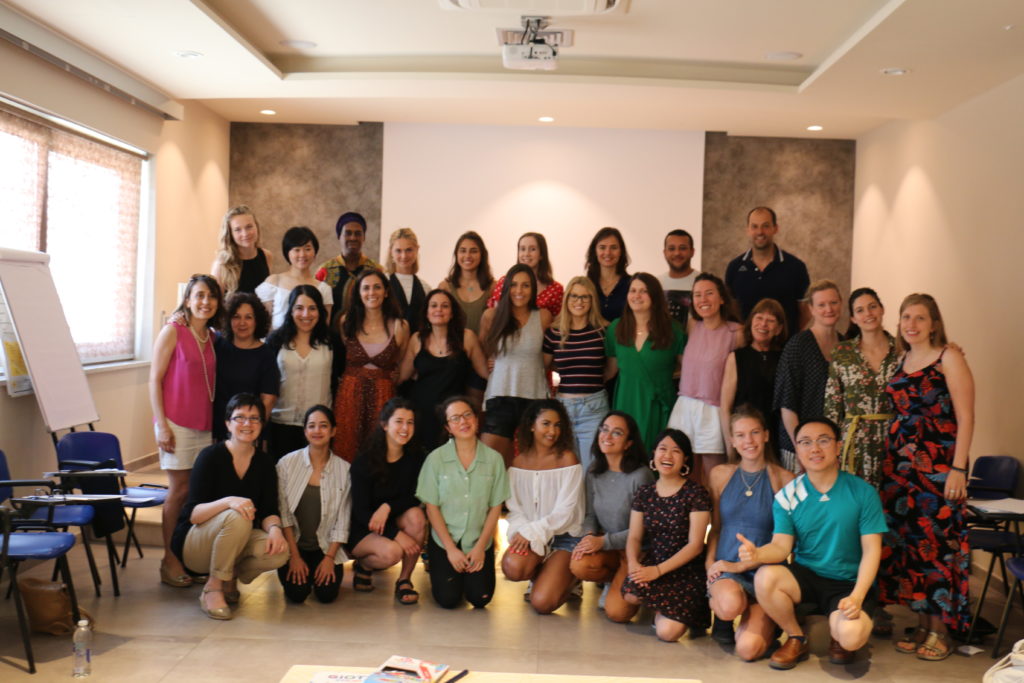
72 participants were selected from the staff of the organisations in the consortium. The partner organisations have expressed the need for their staff to acquire skills in discussing, learning and observing historical and current migration trends and gaining a greater insight into some of the issues, dilemmas and solutions that many non-EU migrants endure and will benefit from. It is also about questioning the depiction of migrants as security threats, passive victims or commodities and seeking to move away from the clear distinction between economic migrants and refugees, implying that some people are worth our attention and compassion and others not.
Participants take part in a 6-day structured course including lectures, panel discussions, visits to local centres working with migrants, intercultural workshops, and interventions from experts and volunteering working in the field
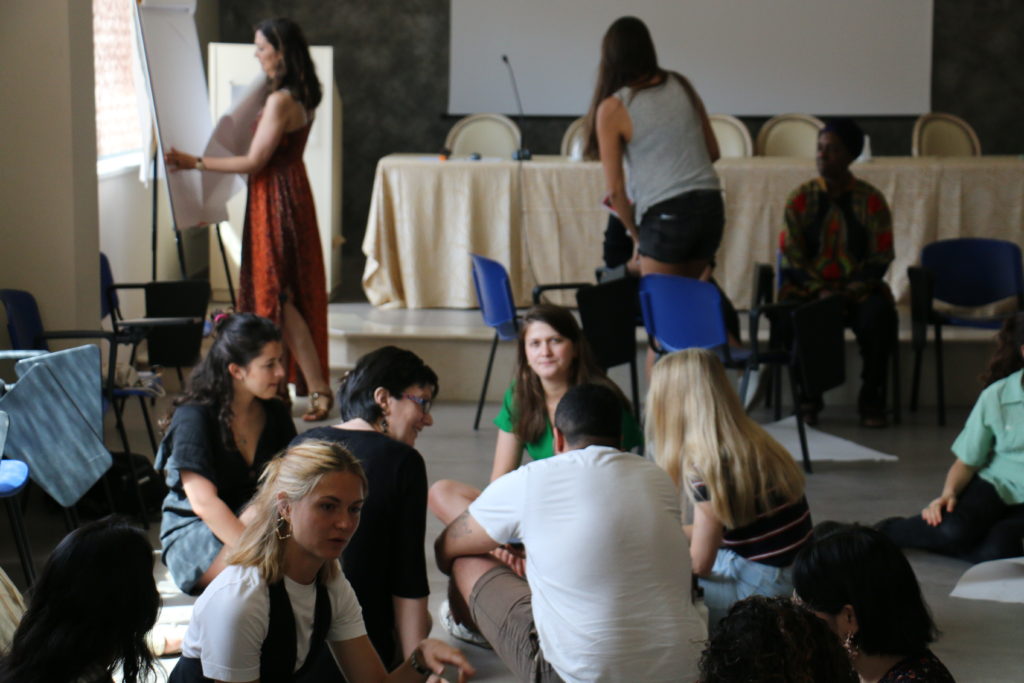
Itaka Training is the designated course provider in Southern Italy providing the 6 day professional development course. The courses are delivered via classroom presentations utilising methods such as Problem based learning, learners centred approach, semi-structured face to face interviews with migrants and site visits.
At the end of October two groups will travel from the UK to Calabria to learn about Policies and Perceptions of migration and the case of Women and Unaccompanied Minors. After the two sessions the project will officially be concluded.
In the next weeks we will share some articles written by some of participants of the training in June.
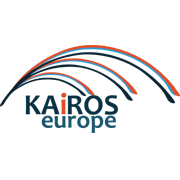
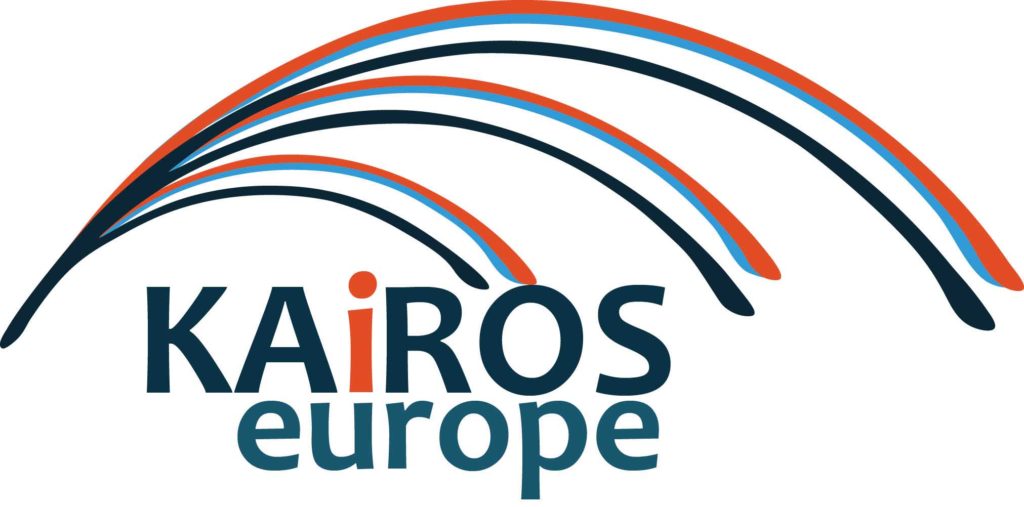
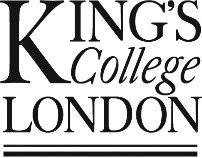
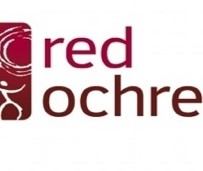
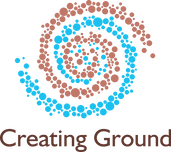
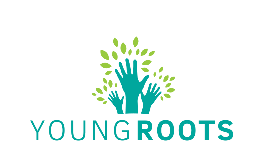
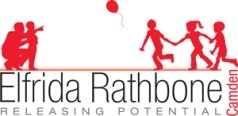
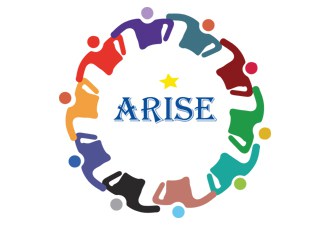
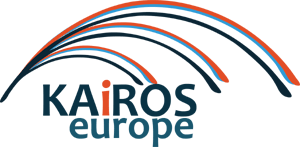

1 Comment